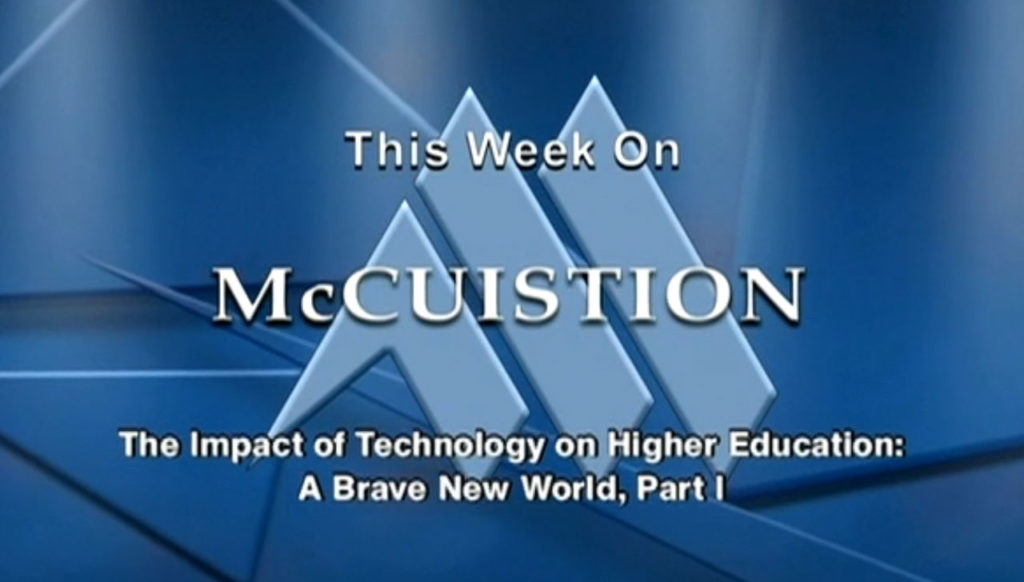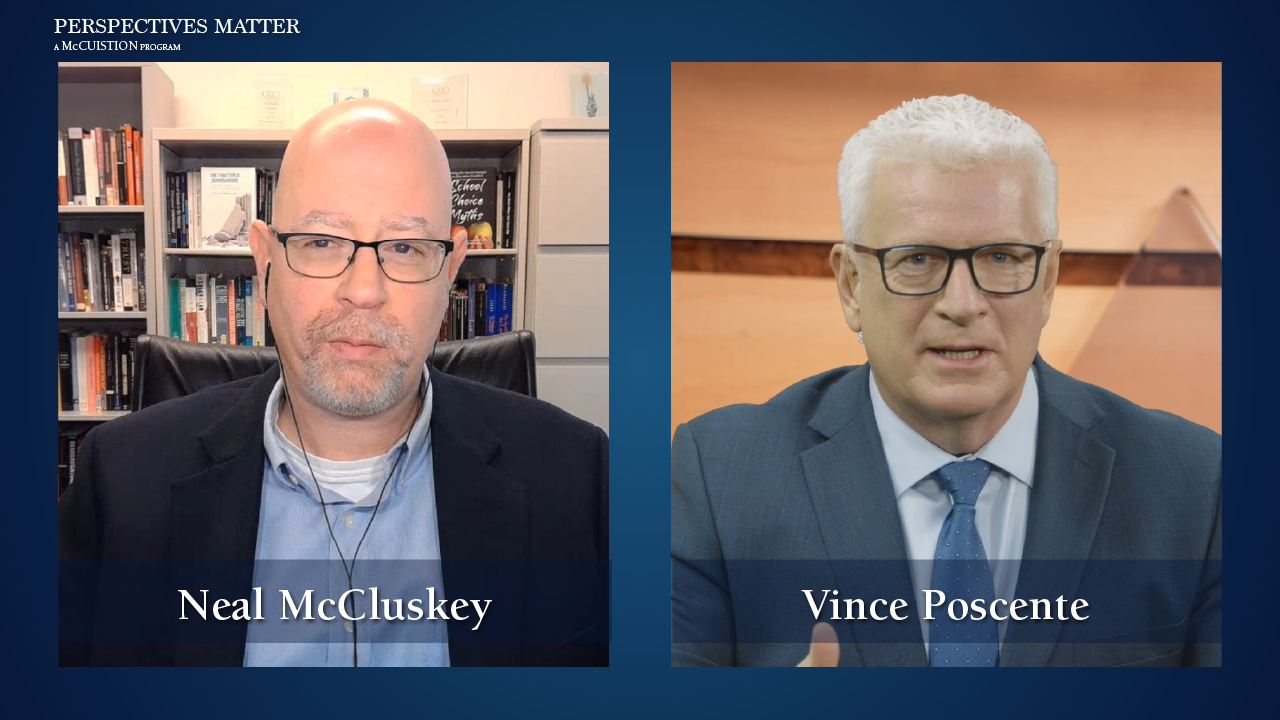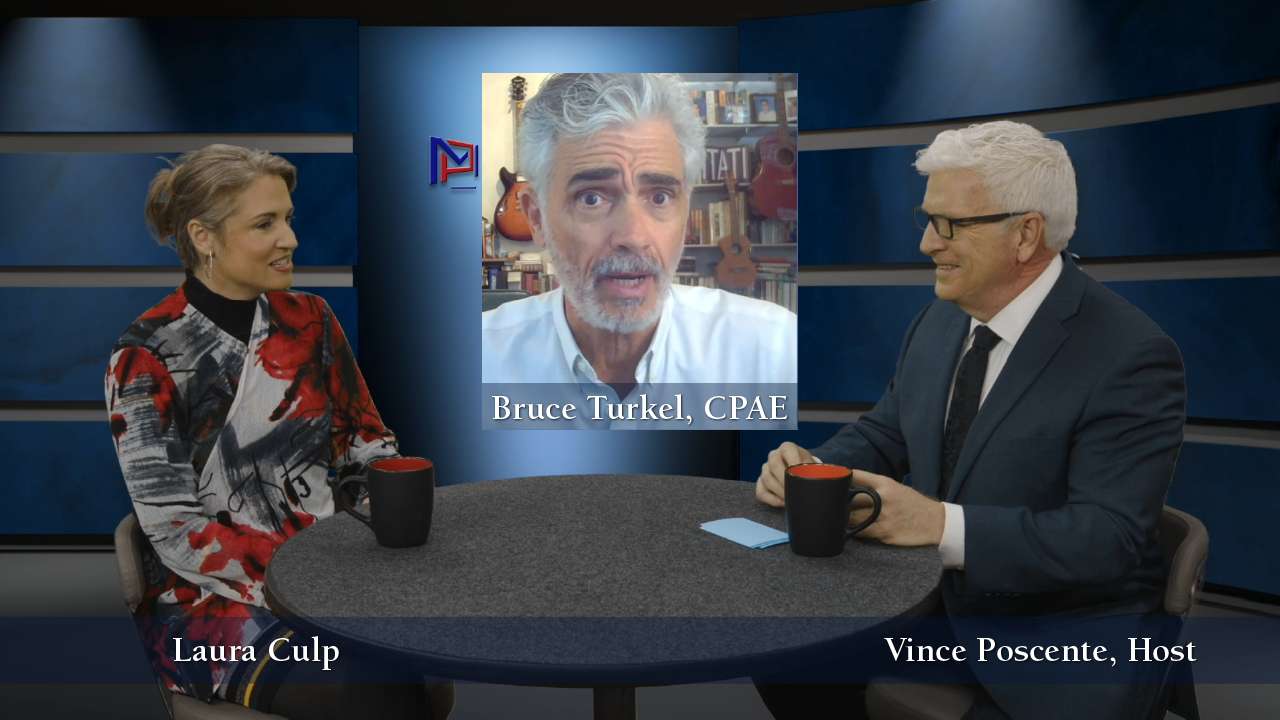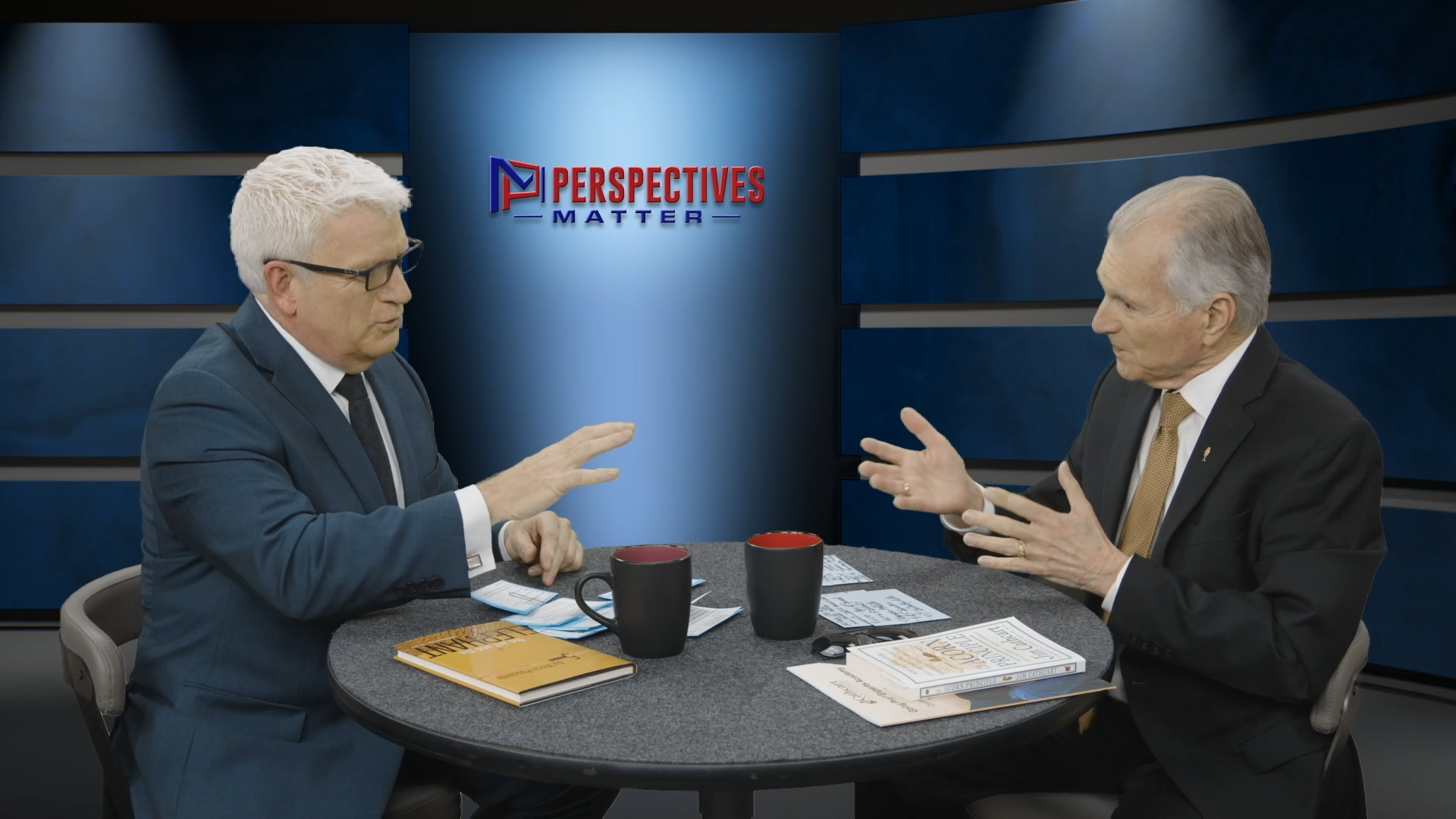Is technology changing how students learn – for the better?
Sal Khan‘s Khan Academy, made an impact on the way students are being educated today. New ways of learning are challenging the traditional higher education model!
Join us May 18th, for a look at the pros and cons, with guests:
- Adam Brackin, PhD: Research Assistant Professor, Arts and Technology, UT Dallas
- Marjorie Hass, PhD: President, Austin College
- Toni Portmann: CEO, Lockin

Left to Right: Adam Brackin, PhD, Niki McCuistion, Toni Portmann, Dennis McCuistion and Marjorie Hass, PhD
The traditional classroom model of students facing forward as a professor lectures is gone! Technology is changing higher education. There are many new ways of getting thoughts, learning and education to students – from learning environments like the Sal Khan‘s Khan Academy, where short video clips augment the learning process, to MOOCs, massive online learning courses, Minecraft and gaming models.
One example is Sal Khan‘s, Khan Academy. Austin College recently brought Sal Khan to Dallas. The Khan Academy’s mission is to get world-class education to everyone in the world for free. Using short video clips and digital content, students engage in a very different way.
The new ways of learning are challenging traditional college classes. Higher education needs to position themselves differently and move education forward in new ways that will engage, not lose the student and the college experience. Dr. Hass talks about what is being done at Austin College and the methods Sal Khan uses that help students learn and retain.
Still, retention is a critical issue. Getting students to remember what they’ve learned is a challenge. Toni Portmann’s Lockin shows us how their technology works through repetitive learning and reward. Portmann tells us that, students aren’t always hearing everything that’s said in the classroom. We, not just students, tend to filter, daydream and multitask, so consequently we remember less than 10-20% of what we hear. Teaching to remember and retain is critical. There is an amazing abundance of information, past, present and future but what good is it if we are forgetting how to remember?
As Brackin says, technology and video games add to but do not take the place of higher learning. One needs to ask how to embrace it without losing the student experience. How does one make the physical experience of learning valuable?
The bottom line is that education today and in the future is dramatically different from what our parents experienced.
It is digital, gaming, MOOCS and interactive, exciting and challenging…
Hope you join us as we talk about things that matter… with people who care.
Niki
Niki Nicastro McCuistion
Executive Producer/Producer
Aligning Purpose, Performance and People
Corporate Culture Change Consultant and Problem Solver
(214) 394-6794
nikin@nikimccuistion.com
Google+ Profile
***
05.18.14 – 2120






